Bisexuals are diagnosed with depression more than any other group of the LGBTQ community, including gay, lesbian, transgender, and queer/questioning individuals, according to a new study by MentalHelp.net, which analyzed the data from the Center for Disease Control and Prevention. Moreover, the depression diagnosis, at 40%, is more than double that of straight people.
It’s important to note that these are individuals who have been diagnosed with depression. Thus the actual number of folks with depression, that would include those undiagnosed, is probably higher.
It is also worth mentioning that the group with the second highest rate of diagnosed depression, at 38%, are LGBTQ folks living in rural areas. 
To me, as a bisexual man, the reason for the higher depression in rural LGBTQ and bisexual communities seemed clear: lack of community, lack of support, and being closeted. While the study touched on these issues briefly, I would like to discuss them in more detail.
1. Bisexuals and rural LGBTQ folks are more likely to be closeted
Research from Pew revealed that only 28% of bisexuals said most or all of the important people in their lives knew about their sexual orientation, compared to 71% of lesbians and 77% of gay men. That means roughly 3 out of 4 bisexuals folks remain in the closet, compared to the 1 out of 4 gay folks. This number is insanely high. Also, it's no surprise that rural LGBTQ folks are significantly less likely to be out than LGBTQ folks living in urban areas. The negative health ramifications of being closeted go on and on -- lower self esteem, lower life expectancy, increased feelings of burnout, as well as higher rates of anxiety and of course, depression.
2. Lack of community and support
Bisexuals and folks in rural areas don't have the support system that gay folks have in urban areas. We don’t have individual support, meaning support from family members and friends. For bisexuals, this lack of support is due to the various stigmas surrounding bisexuality, which both gay and straight folks believe. For rural LGBTQ folks, this lack of support comes from the religious and conservative overtones in their town.
There also aren't large supportive networks for bisexuals and LGBTQ folks living in rural towns. Bisexuals face unique challenges and discrimination that gay and lesbian folks don’t face, as made clear by the higher rates of depression. Many health professionals and LGBTQ centers don’t know how to address the specific needs of bi folks. They tend to treat bisexuals as either confused gay or straight individuals. Similarly, in rural areas, there aren’t many larger support groups for LGBTQ folks. Many LGBTQ folks are lucky if there’s even one gay bar in their town. There are few, if any, spaces to meet, engage, and get support for being LGBTQ in small towns.
While this research is upsetting, it’s hardly knew knowledge.
Alas, the key to help fixing these problems is simple in theory but difficult in practice. There need to be specific bisexual support groups that address the needs of bisexual folks. We must help dispel the negative stereotypes that are associated with being bisexual. We need to increase bi-visibility so that others closeted bisexual folks learn they are not alone. Similarly, we must increase the number of LGBTQ safe spaces in rural areas to foster a sense of community. We need to fight against conservative organizations that tell us being LGBTQ is not okay.
Of course this isn’t easy, but it’s our job, as members of the LGBTQ community, to support all of members, regardless if we’re living in the same space or have the same sexual orientation.
Hopefully the results of this research will encourage more folks to address the specific needs of the underserved members of the LGBTQ community.
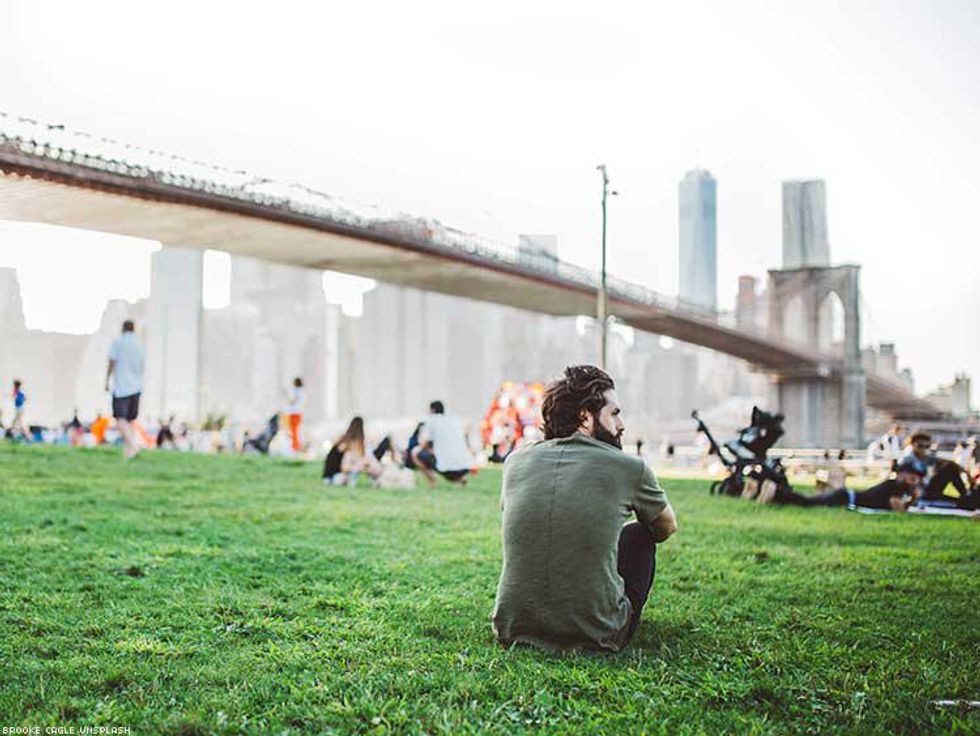








































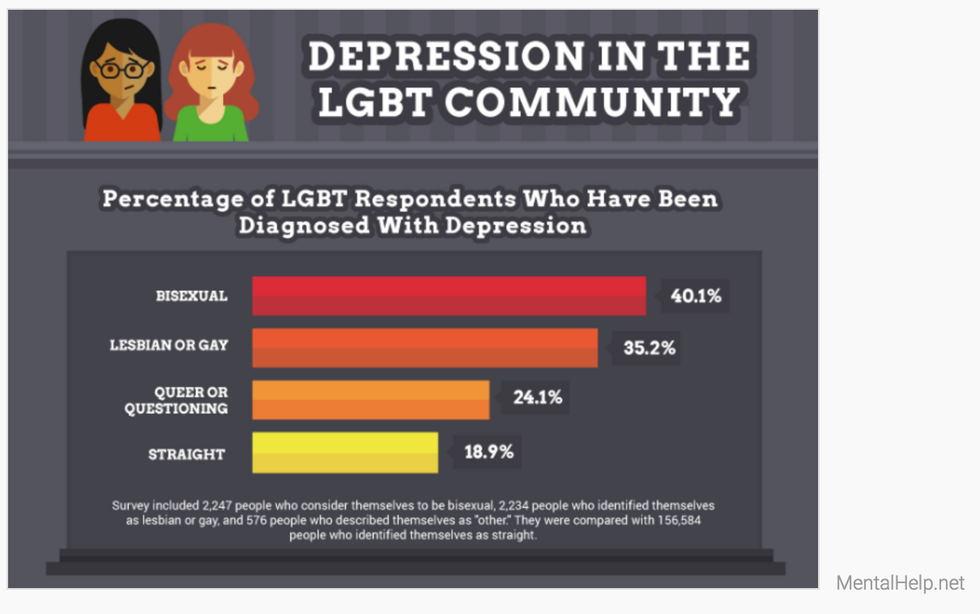
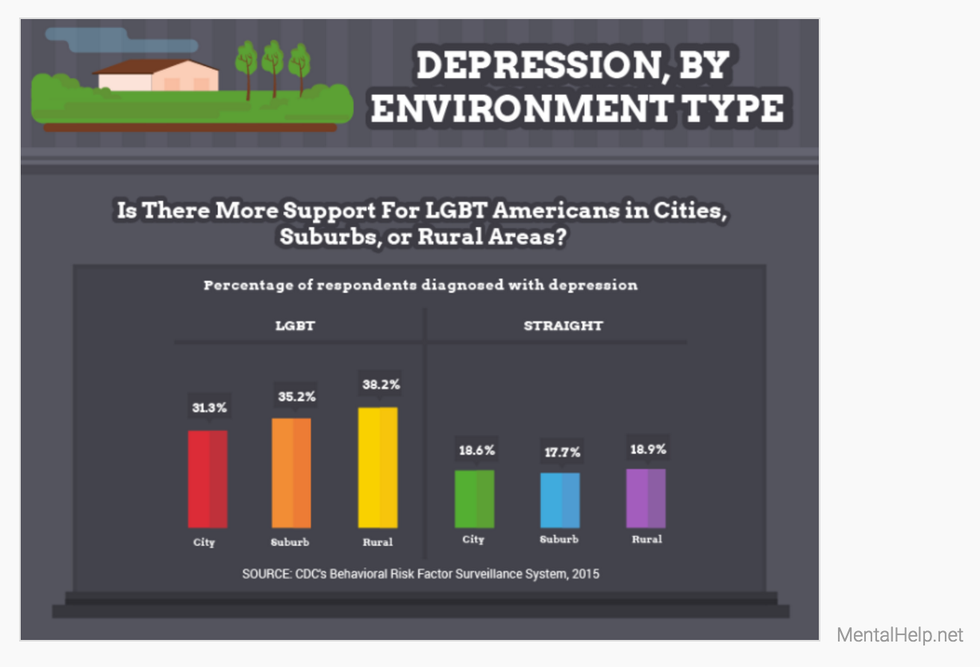
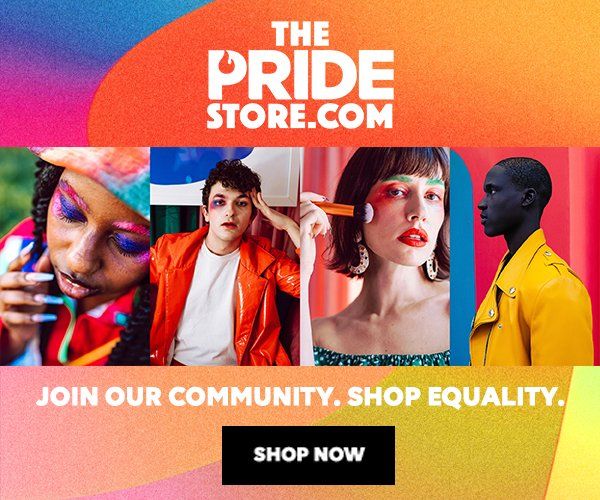
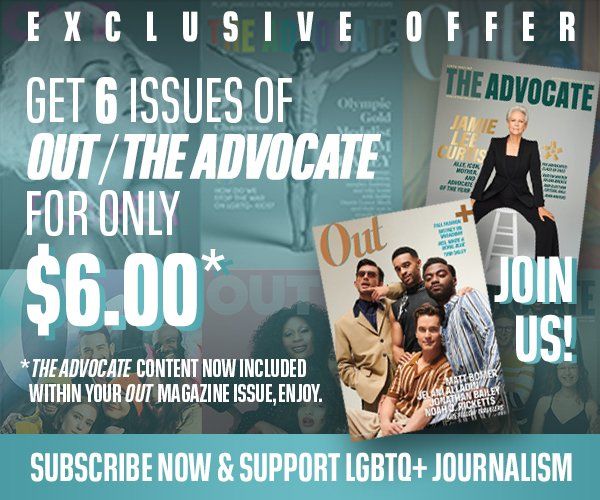
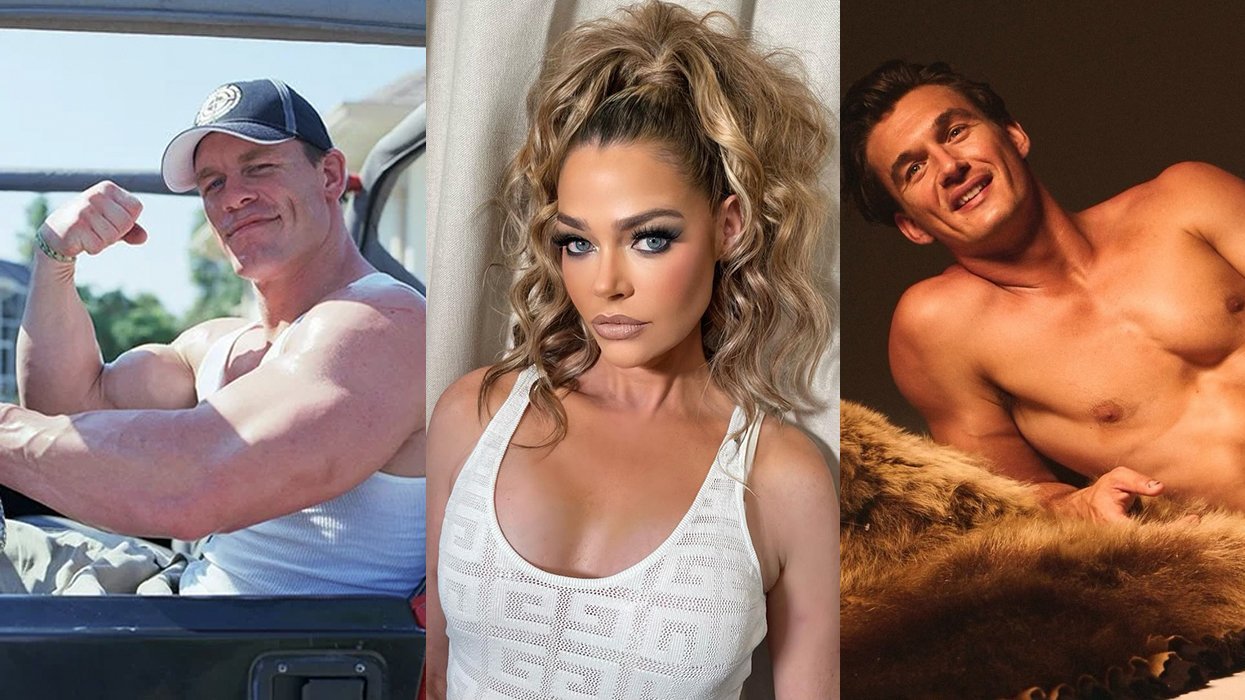
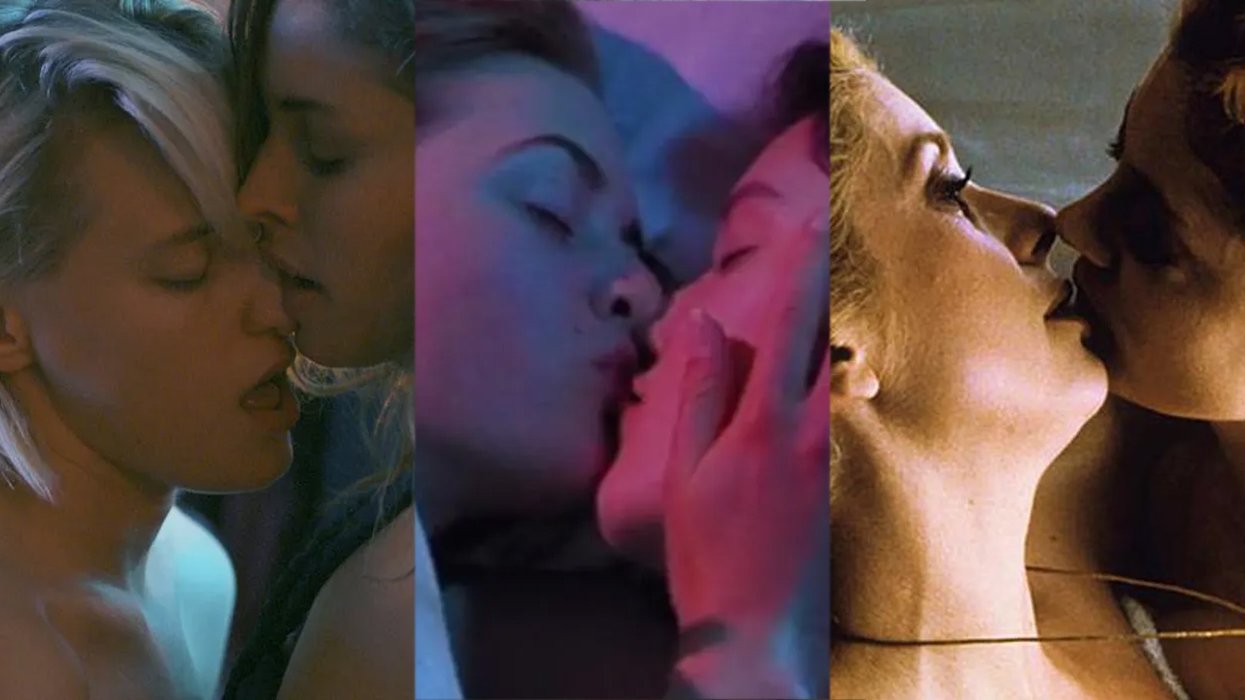
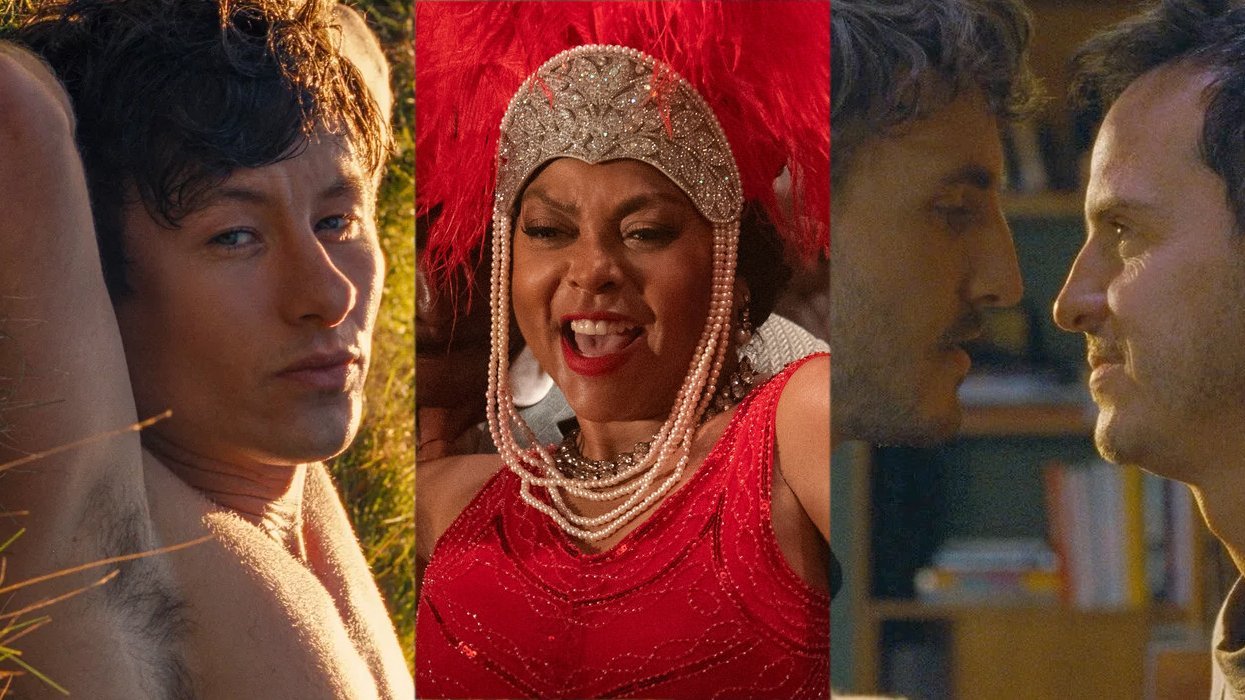
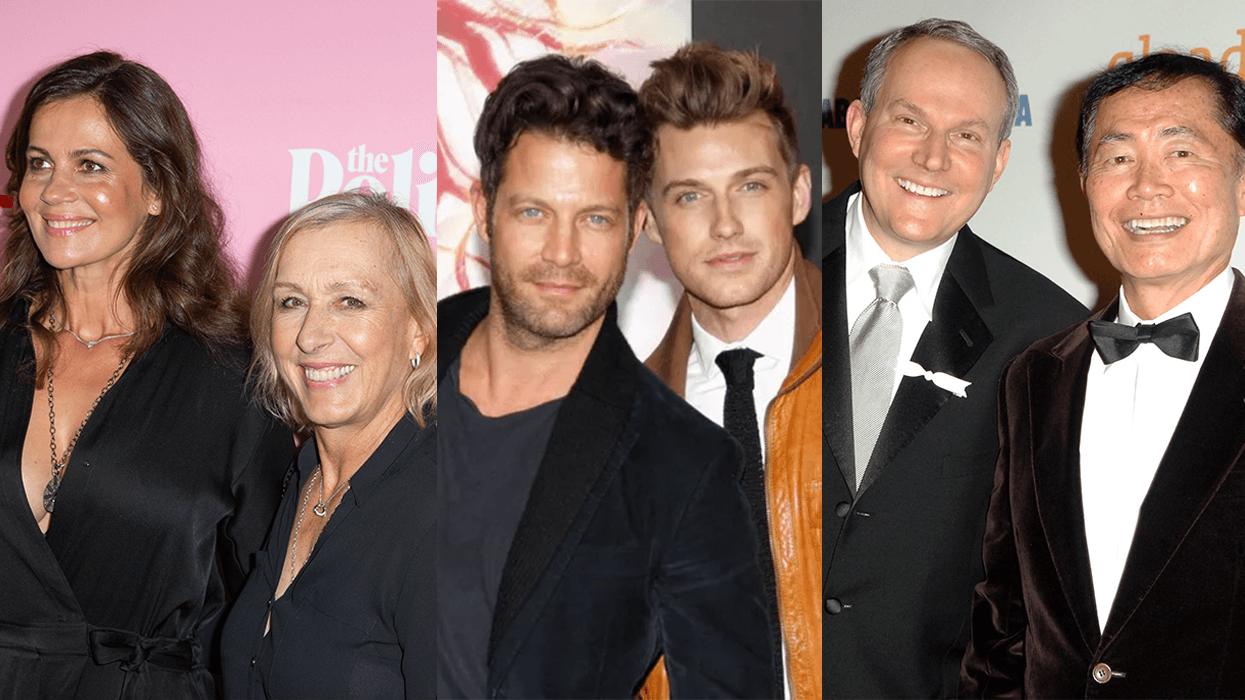

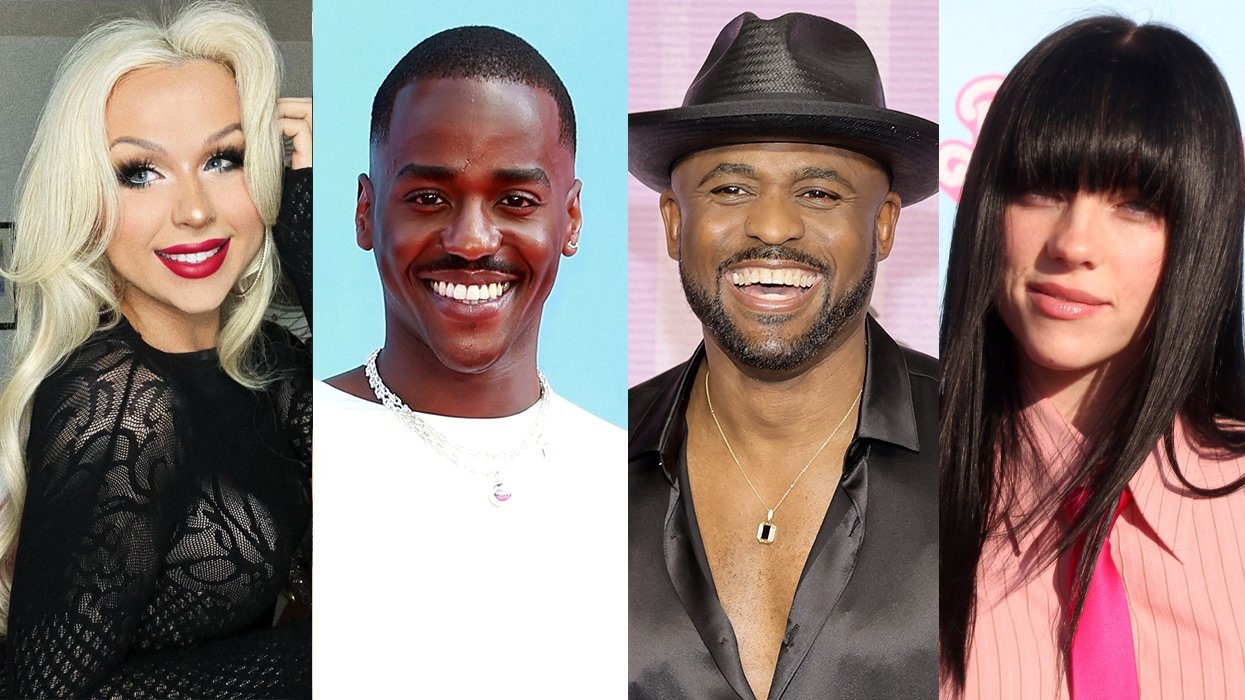
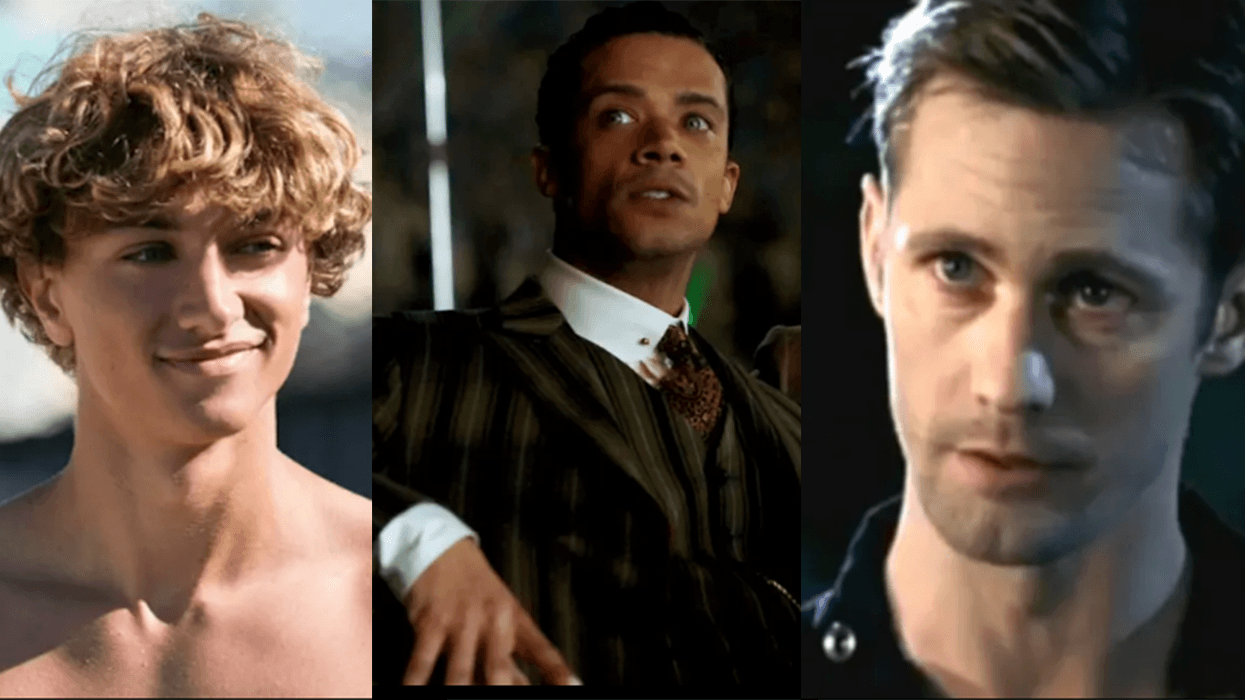
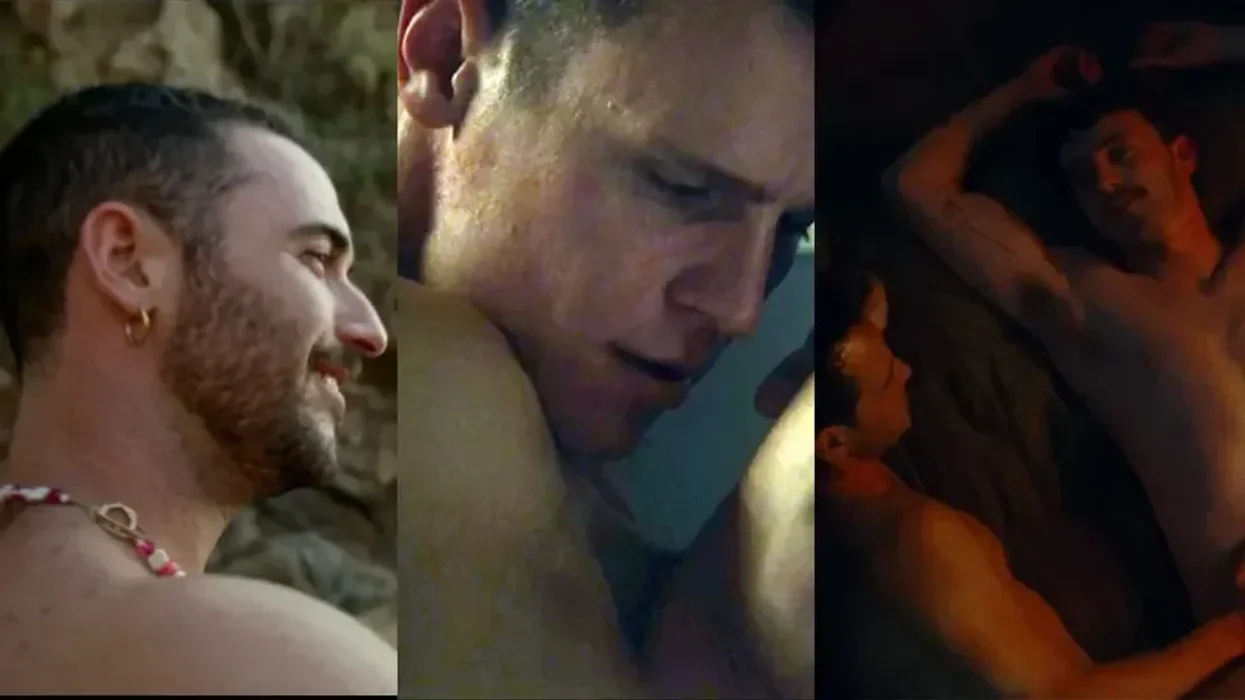
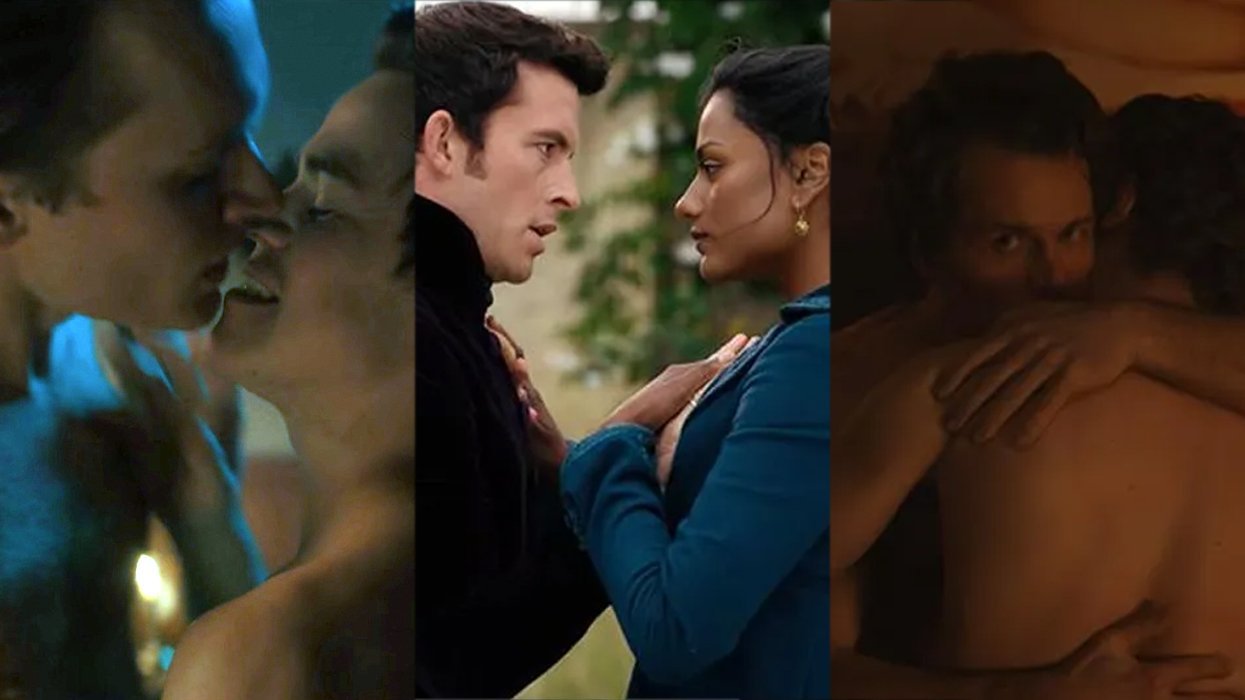
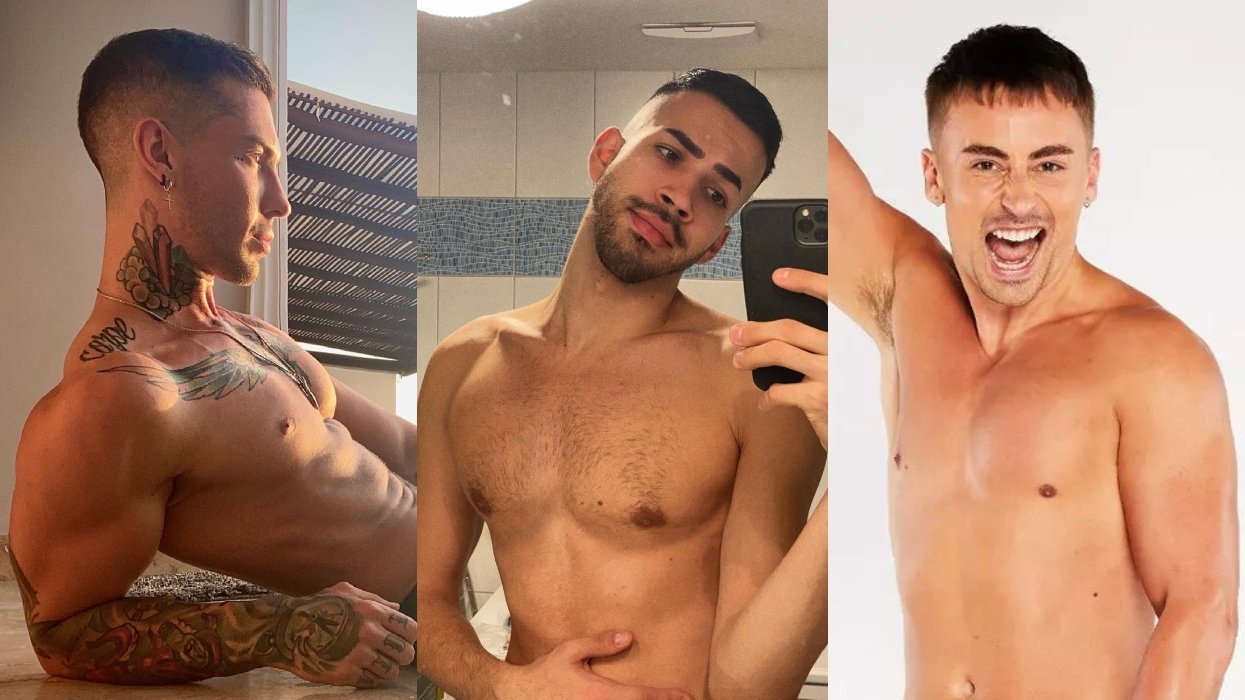










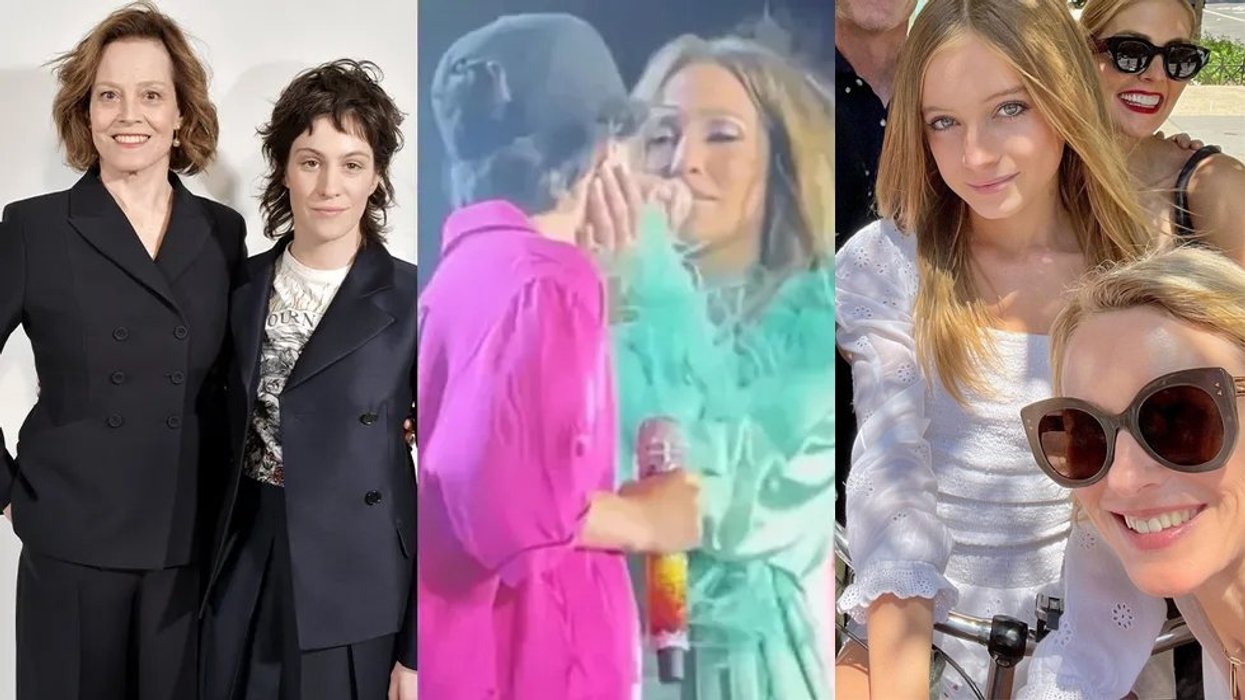













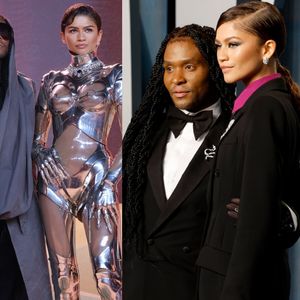

















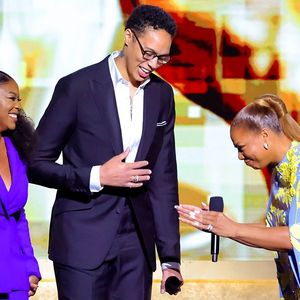
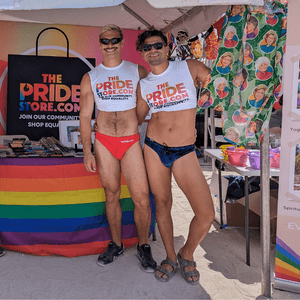


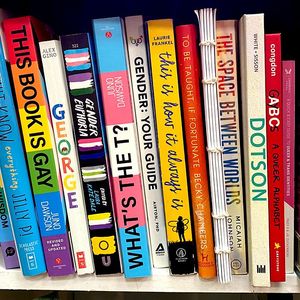








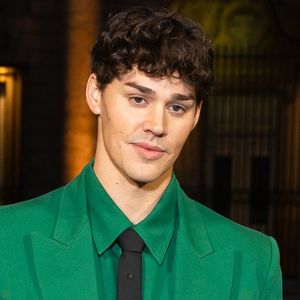







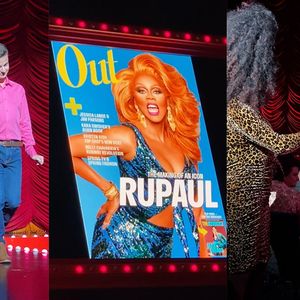
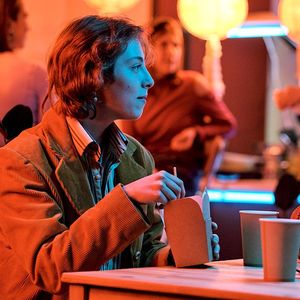
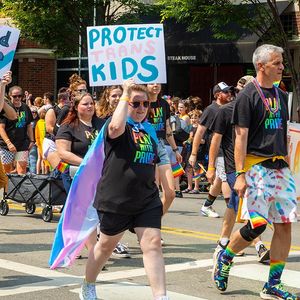


Justin Bieber, Jaden Smith, & Noah Beck kissed their bros & Twitter melted down, it's 2024 y'all